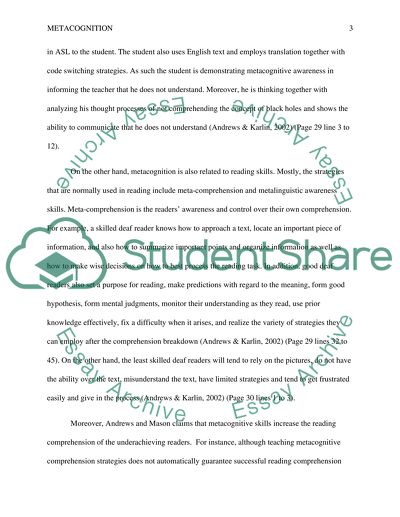Answer a question Essay Example | Topics and Well Written Essays - 750 words. Retrieved from https://studentshare.org/education/1492428-answer-a-question
Answer a Question Essay Example | Topics and Well Written Essays - 750 Words. https://studentshare.org/education/1492428-answer-a-question.


